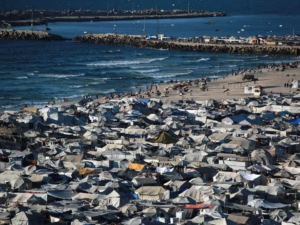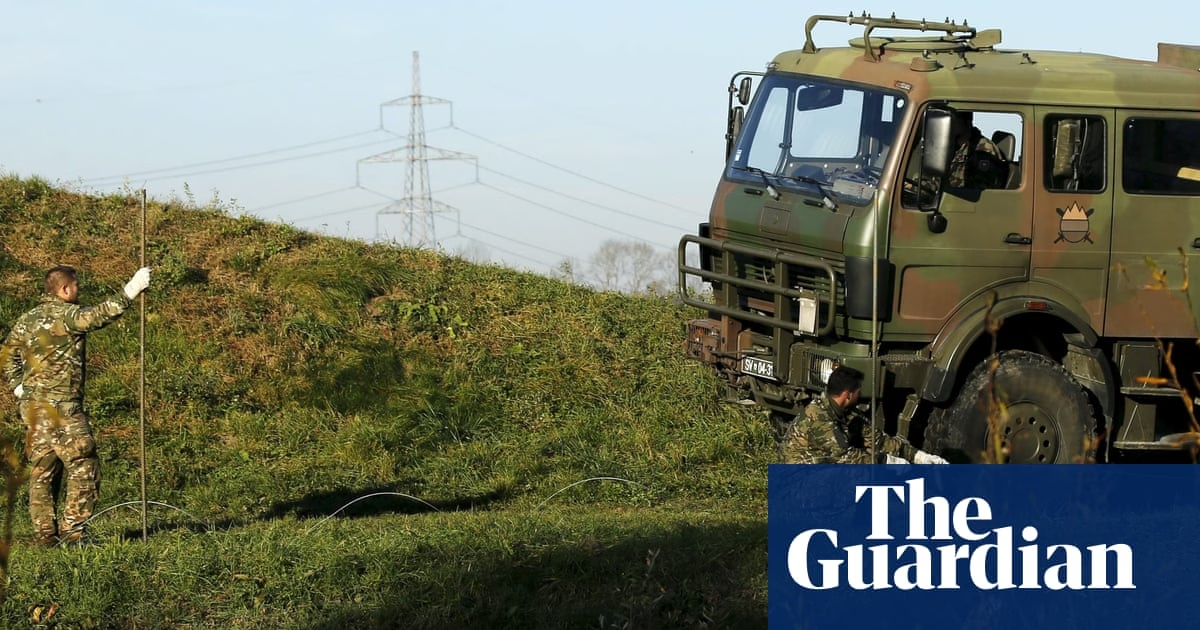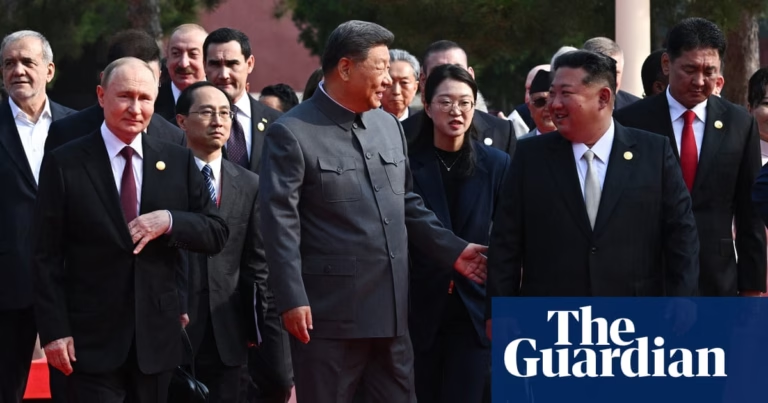A recent analysis by The Guardian has revealed that only two out of 30 European countries have committed to eliminating planet-heating emissions from their militaries, sparking concerns over the environmental impact of Europe’s forthcoming wave of rearmament. Austria and Slovenia are the only nations whose defense ministries have pledged to achieve net zero military emissions, according to an examination of 30 European countries, with approximately one-third having measured the size of their carbon footprint.
These findings highlight a long-standing oversight in global emissions assessments, with researchers estimating that the world’s militaries are responsible for 5.5% of worldwide emissions—more than aviation but less than steel production. However, international climate agreements do not mandate that governments disclose these emissions. Critics argue that exempting the military from emission reporting could undermine long-term security by contributing to climate change and intensifying resource conflicts.
The inspection of military climate strategies from 27 European Union member states, along with the UK, Norway, and Switzerland, revealed that nearly all defense ministries lack both immediate targets to drastically reduce emissions and long-term objectives to neutralize their net carbon impact, despite all having national pledges to reach net zero by 2050. Some countries, like Germany and the UK, mention their contributions to national net-zero targets but do not set specific military goals.
Efforts are being made to decrease military carbon emissions, but these are notably behind those in other economic sectors and are deemed likely insufficient to balance the increase in spending on fuel, infrastructure, and equipment. Experts acknowledge that as the global economy transitions to cleaner energy, military carbon intensity may decrease; still, the significant fossil fuel consumption by vehicles such as planes, ships, and tanks will take considerable effort to clean up. While many military actions aimed at energy efficiency are also cost-saving measures, reducing emissions and enhancing energy independence are equally important considerations.
Countries such as Belgium and Portugal have set net-zero targets that apply to limited aspects of their military operations, pointing to the practical challenges and cost implicated in fully offsetting emissions from military activities. As European military expenditures rise—with a 17% increase to $693 billion in 2024, according to Sipri—the urgency to green these investments grows, especially in response to geopolitical tensions and shifts, including the uncertainty of continued US support for Ukraine’s defense.
However, with the European rearmament wave in motion, there remains a pressing need to ensure that these Defense investments do not compromise climate commitments but instead spur green innovation and reduce carbon dependence.
Source: https://www.theguardian.com/world/2025/may/31/only-two-european-states-have-net-zero-military-emissions-target-data-shows







